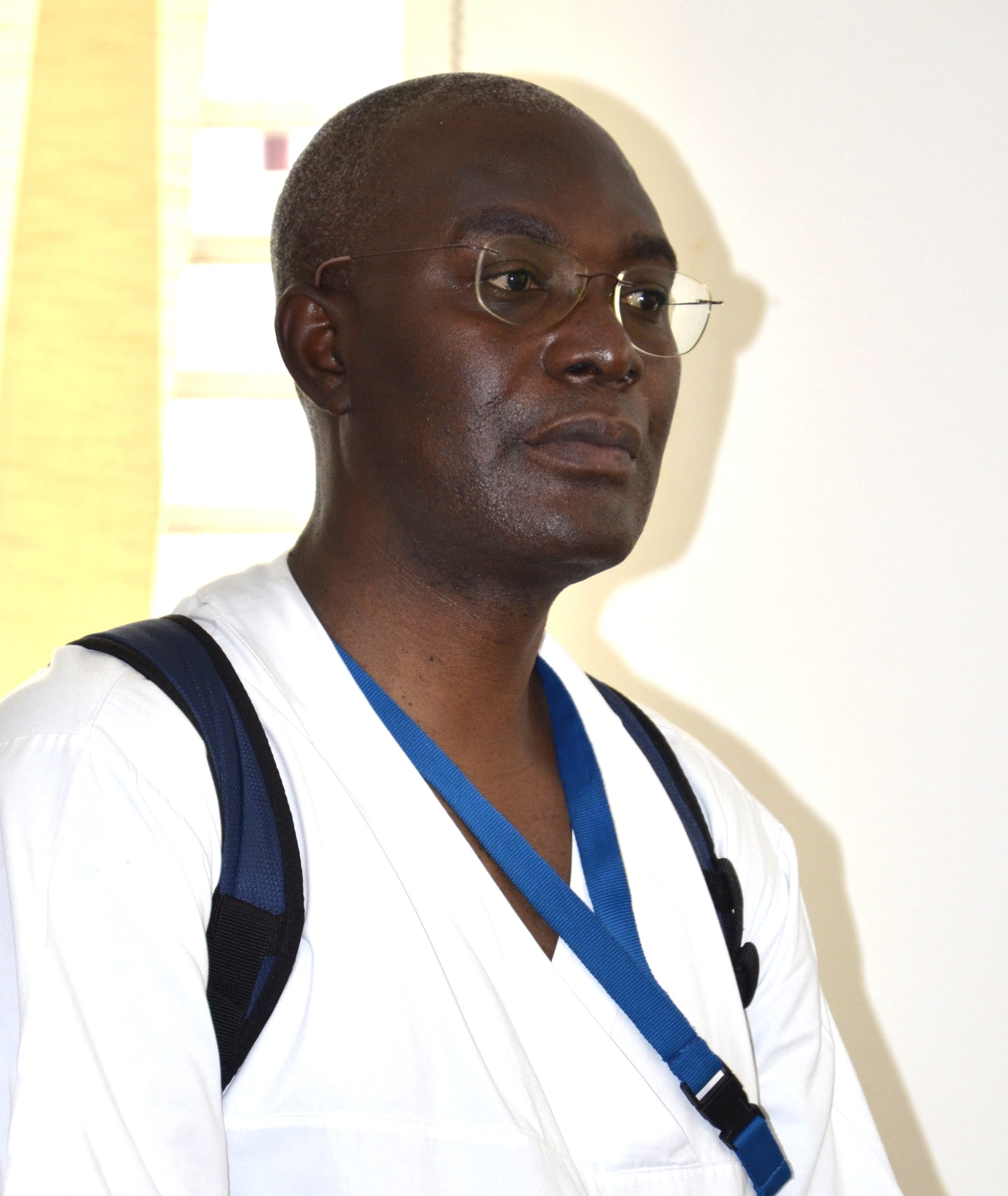Tanzanias newspaper Daily News is reporting from the SATA-conference today: As the population boom in the country continues to exert pressure in various sectors, anesthesiologists are calling for a new focus on the adoption of critical care in all hospitals to save more lives.
There is need to find affordable yet sustainable ways of providing critical care. This message was delivered at the start of a three-day conference on critical care and paediatric anesthesia in district hospitals, by the Society of Anaesthesiologists of Tanzania (SATA) President and also Ministry of Health, Community Development, Gender, Elderly and Children Permanent Secretary (PS), Dr Mpoki Ulisubisya. 
Life Support Foundation, right now holding a training course in Anaestesia and Obstetric Emergency Care in Dar es Salaam, is also present at SATA, represented by among others Tim Baker, chairman, and Lars Irestedt, deputy chair.
Focusing on the SATA-conference, the Daily News continues:
“Unfortunate as it is critical care isn’t an issue that has been priority and the reason why there are not many hospitals in the country with intensive care units that are properly equipped. For many, ICUs are places where patients who are about to die are rushed, we need to make it a place where critically ill patients are saved,” he said.
According to the Medicine.net website, critical care is the specialised care of patients whose conditions are life-threatening and who require comprehensive care and constant monitoring, usually in intensive care units.
Dr Ulisubisya said that in the medical profession, it is the practitioners’ duty to save lives, but it is known that people do die and therefore, one of the conference’s objectives was to learn from each other and pick lessons.
He said that other topics that will be discussed at the conference include what the ideal set up for a critical care unit is, assuming one wants to go hi-tech, the blame game with the manufacturer shouldn’t happen when the equipment goes wrong as well as how to support patients going into ICUs. “When the fifth phase government came into office, one issue of contention has been the quality of medical staffing and we have started addressing it.
While we look at having ideal critical care units, we are looking at training more nurses and anesthesiologists,” he cited. An anesthesiologist from the Muhimbili Orthopaedic Institute (MOI), Dr Albert Ulimali, said during a presentation on where Tanzania is on critical care that the challenge that many less developing countries face is that they don’t prioritise on having critical care units.
Dr Ulimali said that a number of studies that have been conducted in national and regional hospitals showed that only 30 per cent of them have emergency rooms and that many district and regional hospitals lacked ICUs.
“Do we need these services now? Definitely, but in order to do that we need our tertiary hospitals that are in urban areas to spread the word upcountry as well as more research into why we are still lagging behind in spite of knowing their importance during this era of rapid population growth,” he said. 
A specialist in Anesthesia and Intensive Care at Karolinska University Hospital, Sweden, Dr Tim Baker said that many less developing countries have the notion that critical care is expensive but as long as one knows have deal with issues related to airway, breathing, circulation and disability, costs can be cut.
To the article: Daily News


